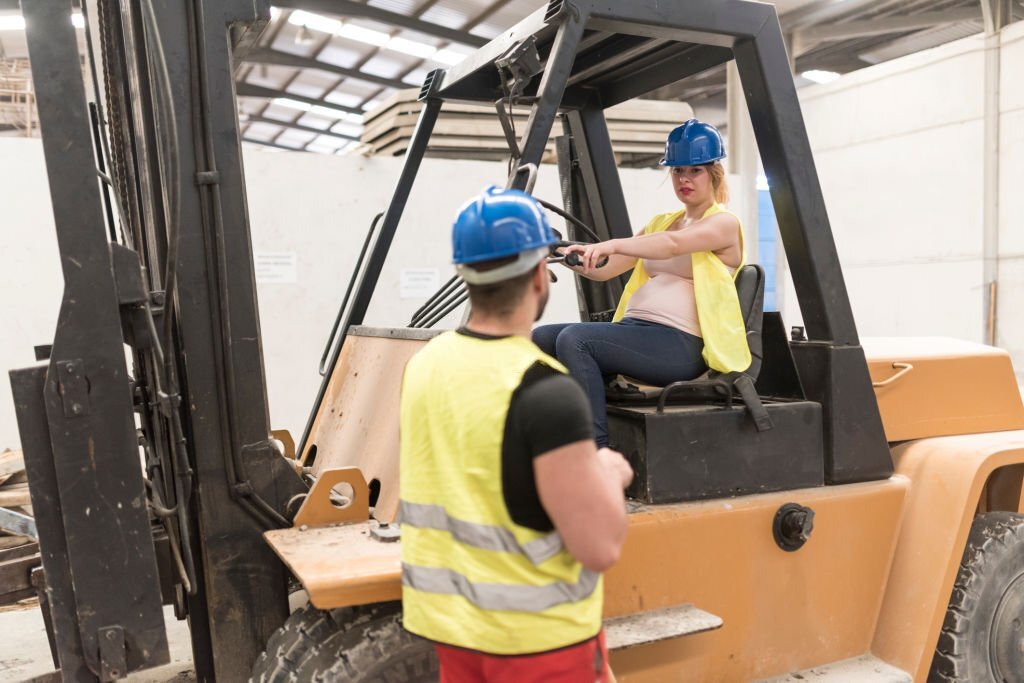
Operating backhoes within heavy equipment fleets requires specialized training and certification to ensure safe and efficient operations. Backhoes are versatile machines that play a crucial role in various industries, including construction, landscaping, and agriculture. This article explores the training and certification requirements for operators, emphasizing the importance of proper training, compliance with industry regulations, and ongoing skill development. By adhering to these requirements, operators can confidently and proficiently operate backhoes within heavy equipment fleets.
I. Importance of Operator Training:
Operator training is paramount in ensuring safe and effective backhoe operations. Proper training equips operators with the necessary knowledge and skills to handle backhoes, understand their functionalities, and operate them safely in various work environments. Training programs cover topics such as equipment controls, safety procedures, maintenance, and industry regulations. Through training, operators gain the competence to identify potential hazards, mitigate risks, and execute tasks efficiently.
II. Role of Certification Programs:
Certification programs play a crucial role in validating an operator’s skills and knowledge in operating backhoes. These programs are designed to assess an operator’s competence through written exams and practical assessments. Certification programs are typically offered by industry organizations, training institutions, or equipment manufacturers. Obtaining a backhoe operator certification demonstrates a commitment to safety, professionalism, and adherence to industry standards.
III. Skills and Competencies Required:
Operating backhoes requires a range of skills and competencies to ensure safe and efficient operations. These include:
- Equipment Familiarity: Operators must be familiar with backhoe components, controls, and functionalities. They should understand the purpose and operation of the boom, arm, bucket, hydraulic system, and other essential parts.
- Safety Protocols: Operators need to be well-versed in safety protocols and procedures specific to backhoe operations. This includes proper use of personal protective equipment (PPE), understanding site-specific hazards, and following established safety guidelines.
- Maneuvering and Control: Backhoe operators should have proficiency in maneuvering the machine in various work environments, including tight spaces and uneven terrains. They should be skilled in controlling the boom, arm, and bucket movements with precision.
- Load Management: Competence in load management is crucial for safe backhoe operations. Operators should understand load capacities, weight distribution, and the impact of load positioning on stability and safe operation.
IV. Compliance with Industry Regulations:
Operating backhoes within heavy equipment fleets requires compliance with industry regulations and standards. These regulations may vary based on geographic location and industry requirements. It is essential for operators to stay informed about relevant regulations, such as licensing requirements, equipment maintenance guidelines, and safety standards. Compliance ensures the legal and ethical operation of backhoes, mitigates risks and maintains a safe working environment.
V. Ongoing Skill Development:
Skills development should be an ongoing process for backhoe operators. As technology advances and industry practices evolve, operators should stay up-to-date with the latest developments and best practices. Continuous training and skill development programs help operators enhance their competencies, adapt to new technologies, and improve overall performance in heavy equipment fleets. Regular refresher courses and participation in industry seminars and workshops contribute to ongoing skill development.
VI. Benefits of Proper Training and Certification:
Proper training and certification offer numerous benefits to both operators and employers. These include:
- Safety: Operators trained and certified in backhoe operations prioritize safety, reducing the risk of accidents, injuries, and equipment damage.
- Efficiency: Well-trained operators are more efficient in executing tasks, leading to increased productivity and reduced downtime.
- Compliance: Certified operators ensure compliance with industry regulations and standards, avoiding potential legal issues and penalties.
- Professionalism: Certification demonstrates professionalism and commitment to maintaining high standards in backhoe operations.
- Career Advancement: Certified operators often have better career prospects, with opportunities for growth and advancement within the industry.
Conclusion:
Training and certification are integral components of operating backhoes within heavy equipment fleets. Proper training equips operators with the necessary skills and knowledge to ensure safe and efficient operations. Certification programs validate an operator’s competence and commitment to industry standards. By complying with training and certification requirements, operators contribute to the overall safety, professionalism, and productivity of backhoe operations within heavy equipment fleets. Ongoing skill development and adherence to industry regulations further enhance operators’ capabilities, leading to successful and sustainable backhoe operations.



